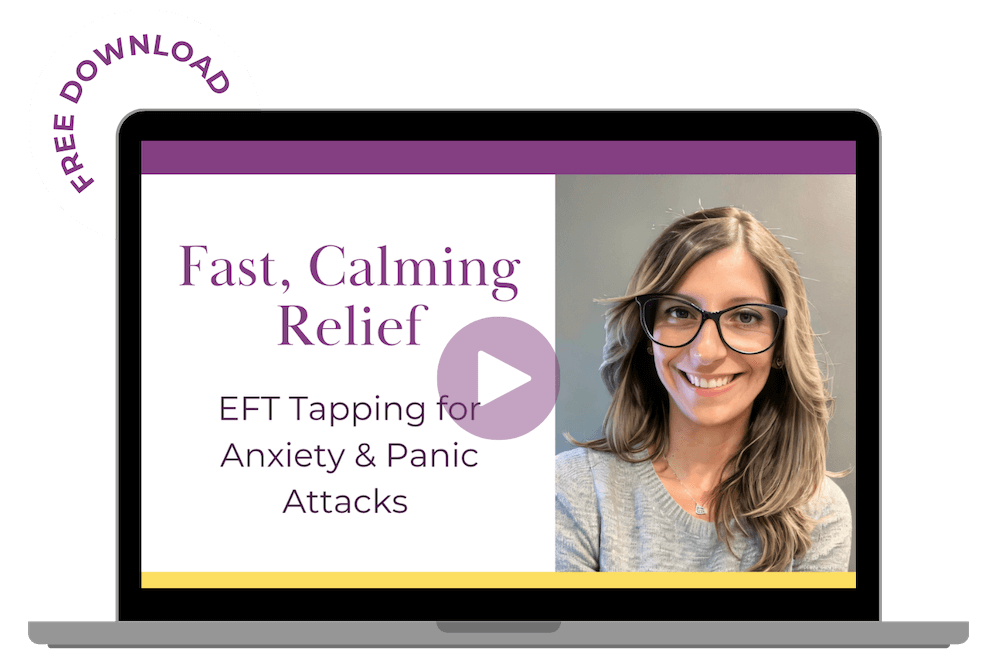Anxiety is a multifaceted mental health condition that can manifest in a variety of ways, affecting individuals both psychologically and physically. Recognizing the diverse array of symptoms associated with anxiety is essential for understanding and addressing this common yet often misunderstood issue. In this blog, we’ll explore a comprehensive list of symptoms of anxiety, providing insight into the different ways it can impact individuals’ lives.
- Psychological Symptoms:
- Excessive worry or fear about everyday situations or future events.
- Racing or intrusive thoughts that feel difficult to control.
- Irrational or persistent fears of specific objects, situations, or activities.
- Difficulty concentrating or focusing on tasks.
- Catastrophic thinking, expecting the worst-case scenario in various situations.
- Feelings of apprehension or impending doom without a clear cause.
- Heightened sensitivity to perceived threats or danger.
- Feelings of restlessness or agitation.
- Physical Symptoms:
- Rapid heartbeat or palpitations.
- Shortness of breath or difficulty breathing.
- Tightness or discomfort in the chest.
- Muscle tension, particularly in the neck, shoulders, or jaw.
- Trembling or shaking.
- Upset stomach, nausea, or digestive issues.
- Headaches or migraines.
- Fatigue or exhaustion, even after adequate rest.
- Behavioral Symptoms:
- Avoidance of situations, places, or activities that trigger anxiety.
- Procrastination or avoidance of tasks due to fear of failure or perfectionism.
- Restlessness or pacing.
- Difficulty making decisions or taking action.
- Increased use of coping mechanisms such as substance use or avoidance behaviors.
- Changes in appetite, either overeating or loss of appetite.
- Difficulty falling asleep or staying asleep.
- Compulsive behaviors or rituals to alleviate anxiety.
- Emotional Symptoms:
- Feelings of irritability or frustration.
- Heightened sensitivity to criticism or rejection.
- Mood swings or emotional volatility.
- Feelings of detachment or disconnection from oneself or reality.
- Intense feelings of dread or impending doom.
- Difficulty controlling or regulating emotions.
- Feelings of guilt, shame, or self-blame.
- Panic attacks, characterized by sudden and intense episodes of fear or distress.
Conclusion: Anxiety is a complex and multifaceted condition that can manifest in a variety of symptoms, affecting individuals both mentally and physically. By recognizing the diverse array of symptoms associated with anxiety, individuals can seek help and support to manage their symptoms and improve their overall well-being. It’s important to remember that everyone’s experience with anxiety is unique, and there is no one-size-fits-all approach to managing it. If you or someone you know is struggling with anxiety, don’t hesitate to reach out to a mental health professional for support and guidance. Remember, you’re not alone, and help is available.







